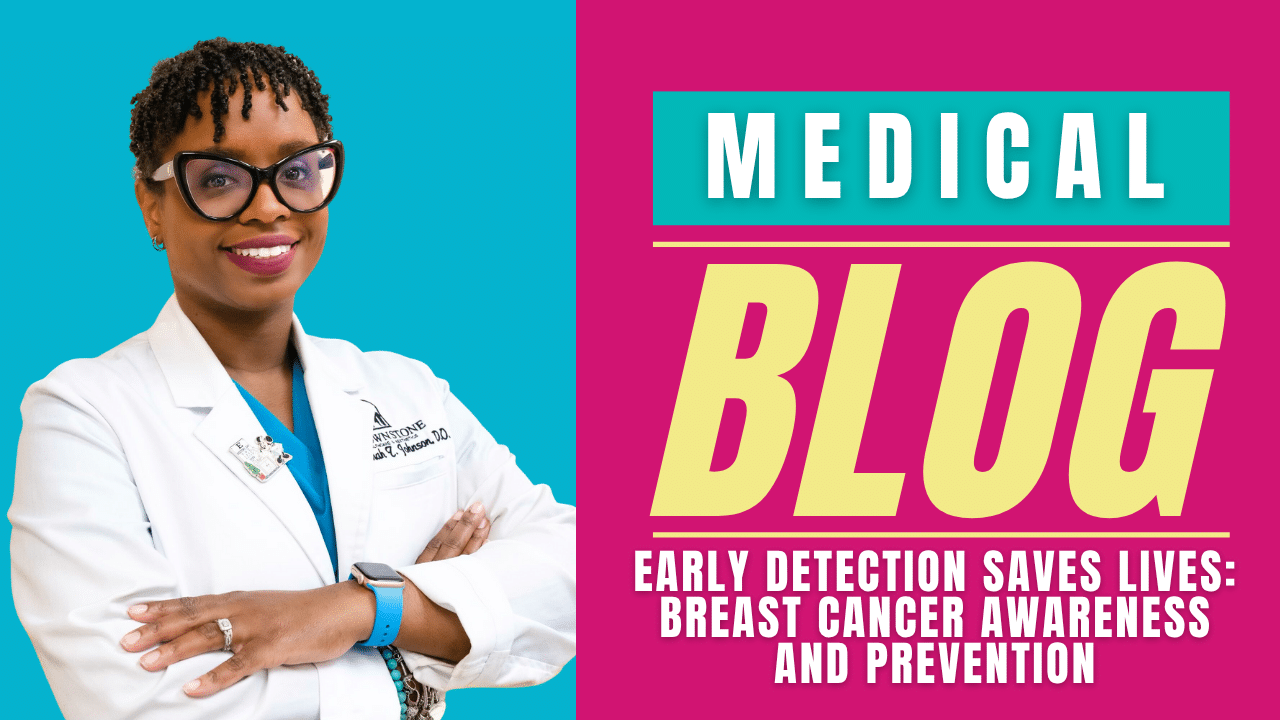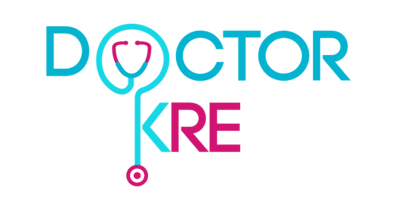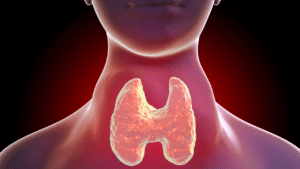Breast cancer is one of the most common cancers in women worldwide. However, with early detection and advancements in treatment, the survival rates for breast cancer have significantly improved. This blog aims to emphasize the importance of breast cancer awareness and prevention, focusing on screening, self-exams, risk factors, and treatment options.
Breast Cancer Screening
Regular screening is crucial for detecting breast cancer early, even before symptoms appear. The primary screening methods include:
- Mammography: An X-ray of the breast that can detect abnormalities, such as lumps or calcifications.
- Clinical breast exam: A doctor physically examines the breasts for any lumps or changes.
- Breast MRI: May be used in addition to mammography for women at high risk of breast cancer.
Who Should Get Screened?
Talk to your doctor about the benefits and risks of breast cancer screening and to determine the best screening schedule for you. General recommendations include:
- Women ages 40-44: Should have the option to start annual mammograms.
- Women ages 45-54: Should get mammograms every year.
- Women 55 and older: Can switch to mammograms every other year, or continue yearly screenings.
Self-Exams
While not a substitute for professional screening, regular breast self-exams can help you become familiar with how your breasts normally look and feel. This allows you to notice any changes and report them to your doctor promptly.
Risk Factors for Breast Cancer
Several factors can increase the risk of developing breast cancer:
- Gender: Being female is the most significant risk factor.
- Age: The risk increases with age.
- Family history: Having a close relative (mother, sister, daughter) with breast cancer increases your risk.
- Genetic mutations: Inheriting certain gene mutations, such as BRCA1 or BRCA2, increases the risk.
- Reproductive history: Having your first child after age 30 or never having given birth can increase risk.
- Hormone therapy: Long-term use of hormone replacement therapy (HRT) can increase risk.
- Lifestyle factors: Obesity, lack of physical activity, and alcohol consumption can increase risk.
Prevention and Early Detection
While there’s no guaranteed way to prevent breast cancer, certain lifestyle choices may help reduce your risk:
- Maintain a healthy weight: Lose weight if you’re overweight or obese.
- Exercise regularly: Aim for at least 30 minutes of moderate-intensity exercise most days of the week.
- Limit alcohol consumption: If you drink alcohol, do so in moderation.
- Eat a healthy diet: Focus on a balanced diet rich in fruits, vegetables, and whole grains.
- Breastfeed, if possible: Breastfeeding may have a protective effect against breast cancer.
Treatment Options
Treatment for breast cancer depends on the stage, type, and individual characteristics of the cancer. Options may include:
- Surgery: To remove the tumor and surrounding tissue.
- Radiation therapy: To kill cancer cells.
- Chemotherapy: To destroy cancer cells that may have spread.
- Hormone therapy: To block the effects of hormones that can fuel breast cancer growth.
- Targeted therapy: To target specific molecules involved in cancer cell growth.
- Immunotherapy: To help the body’s immune system fight cancer cells.
The Importance of Breast Health Awareness
Breast cancer awareness is crucial for early detection and successful treatment. By staying informed about risk factors, screening guidelines, and self-exam techniques, women can take proactive steps to protect their breast health.
If you have any concerns about breast cancer or notice any changes in your breasts, don’t hesitate to contact your healthcare provider.
Additional Resources:
- National Breast Cancer Foundation: www.nationalbreastcancer.org
- Breastcancer.org: www.breastcancer.org
- American Cancer Society: www.cancer.org

Dr. Kre Johnson is a Board Certified Family Medicine Physician and the sole owner of Brownstone Healthcare and Aesthetics. She is the Medical Director of the City of Birmingham’s Employee Health Clinic-Brownstone BWell Birmingham. She is the Event Producer of Wifeology and the founder of Three Twenty Girls, Inc. She loves God, traveling, and all things Southern!!
Brownstone BWell: Brownstone Healthcare has partnered with the City of Birmingham to offer primary care services to the employees of the City of Birmingham for $0 copayment. This partnership is for preventative services & screenings and sick visits. We partner with your current primary care physician and our goal is to keep you out of the ER and urgent care. We do not share your information with the City of Birmingham. We uphold HIPPA and professional standards. You can visit us at our downtown location 1700 5th Ave N Birmingham, AL 35203 or Trussville: 4643 Camp Coleman Road #117 Trussville, AL 35173 205-202-5650 call for your appointment today.





